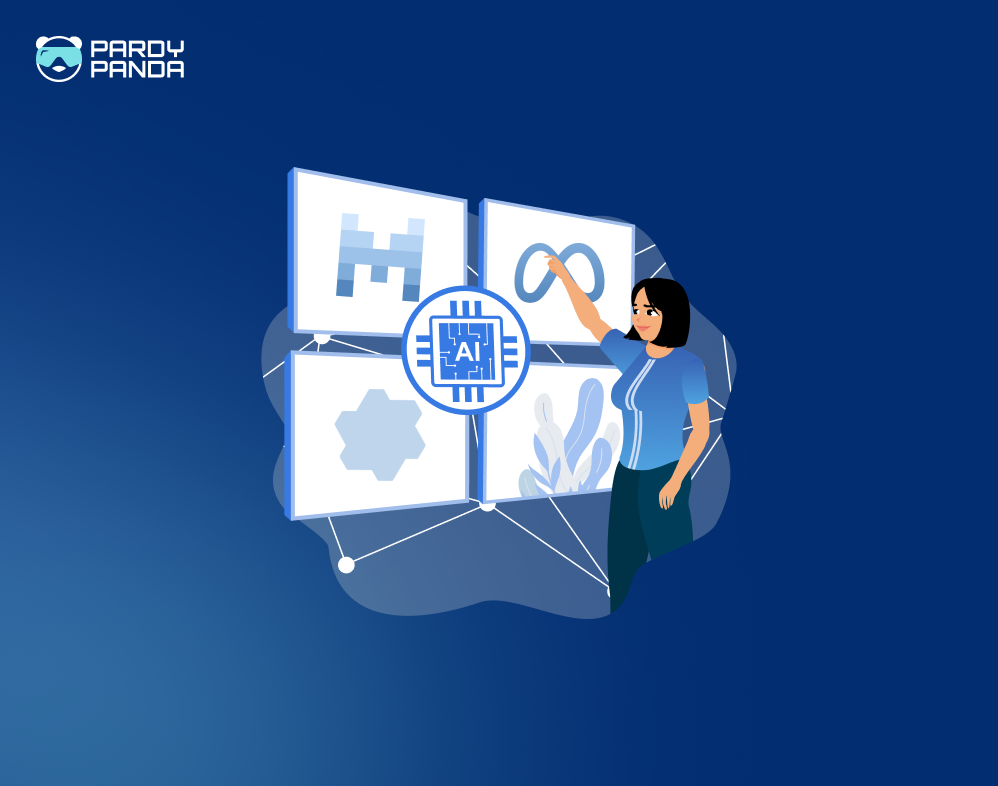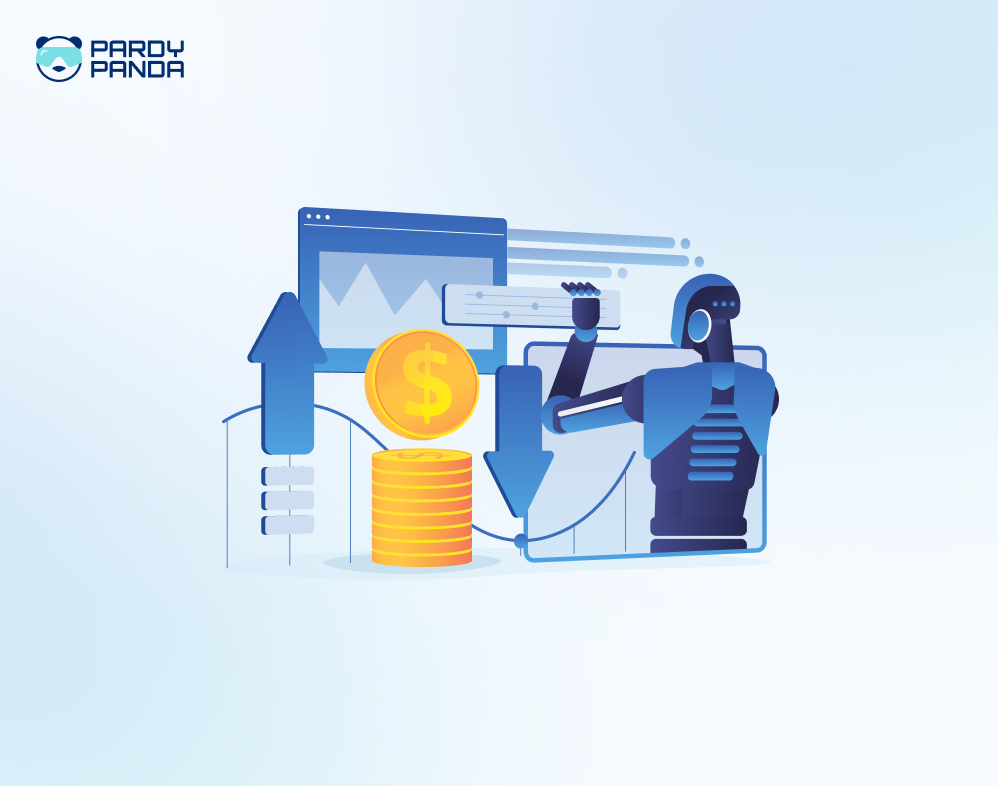First, Let’s Set the Record Straight
AI can write poems, code apps, and analyze market trends in seconds. It’s like hiring an overachieving intern who never sleeps.
But here’s the catch: it’s still an intern. Not a strategist, not a visionary, and certainly not your co-founder.
As founders and operators, it’s easy to get caught up in the hype. VC pitches are full of AI-powered dreams. Product roadmaps now feature “AI integration” as if it’s a checkbox. However, if you don’t understand what AI cannot do, you’re navigating blindly.
Let’s break it down.
Key Insight: The moment your product touches real-world consequences, users, emotions, and money, AI alone is not enough.
1. AI Doesn’t Know Why Your Product Matters
AI can generate ideas, but it doesn’t understand why something is valuable.
Take Airbnb, for example. No AI in 2007 would’ve predicted that people would rent out their homes to strangers. AI learns from the past. Visionaries create the future.
Story: One founder we worked with built an AI tool to help job seekers, but couldn’t get it to align with the emotional pain of job loss.
Why? Because AI can simulate empathy, but it can’t feel it. That nuance had to come from real human insight.
Bottom line: AI can support your vision, but it can’t create one. That’s still your job.
2. AI Can’t Think Outside the Training Data
AI’s brain is a mirror. It reflects back what it’s seen before. So if your use case is truly novel, AI will stumble.
Analogy: Imagine AI as a chef who only cooks recipes from cookbooks. It can combine spices and make suggestions, but it won’t invent sushi if it’s never seen raw fish.
This is crucial when building category-defining products. If you're doing something the world hasn't seen, AI won’t lead the way. You will.
3. AI Doesn’t Understand Context, At Least Not Deeply
Sure, ChatGPT might sound smart. But give it ambiguous instructions or domain-specific jargon, and it can hallucinate.
Example: A logistics startup asked an AI to optimize delivery routes in a tier-2 Indian city. It didn’t account for bad roads, local traffic rules, or unpredictable weather. The result? Broken SLAs and frustrated customers.
AI = pattern recognition.
Operators = context management.
4. AI Doesn’t Make Decisions. You Do.
You can ask AI for data, forecasts, and suggestions. But risk, accountability, and judgment? That’s still on you.
True Story: A fintech founder we spoke with built an AI-based credit scoring system. The model worked beautifully until it started excluding certain user groups unfairly. The AI didn’t know it was biased. It just followed patterns. The team had to step in, fix the logic, and retrain the model.
Your judgment fills the gaps AI can’t.
5. AI Can’t Replace Human Trust
Users don’t just want smart apps. They want apps they can trust.
Think about mental health apps, financial advisors, or hiring platforms. Would you trust an anonymous AI to help you quit alcohol or choose a candidate? Probably not.
Emotional insight, transparency, and trust-building are still human superpowers. Your users connect with your product through the stories, care, and intent that you bring. AI can help scale that, but it can’t replace it.
The Co-Pilot Fallacy
Founders love to say:
“We use AI as a co-pilot.”
Sounds great. But most are secretly treating it like autopilot, expecting it to take over and just work.
But a real co-pilot does three things AI can’t:
- Spot the risks the pilot missed
- Uses shared judgment
- Takes over in emergencies
AI doesn’t do any of that.
It doesn’t second-guess. Doesn’t improvise. Doesn’t say, “Captain, this feels wrong.”
If you’re building with AI, ask: Am I flying with a co-pilot or just hoping the machine flies the plane?
Things Founders Think AI Can Do (But It Can’t Yet)
- Build strategy
- Make judgment calls
- Create brand identity
- Generate legal-safe decisions
- Ensure ethical fairness
- Replace your leadership team
You still need a sharp human team to fill those gaps.
So, What Should You Do as a Founder or Operator?
- Use AI as a power tool, not a magic wand.
- Design your systems with human feedback loops.
- Focus on what AI can’t do, because that’s your edge.
Your product’s success still depends on good old-fashioned hard thinking, listening to your users, and making bold decisions.
Want Help Building the Human-AI Balance into Your Product?
At Pardy Panda Studios, we’ve helped early-stage founders and product teams build AI-powered platforms that don’t lose the human touch. From design to development to GTM strategy, we’re your trusted tech partner, not just coders.
Let’s talk about how to scale your vision the smart way. Schedule your free consultation with our experts today!
SEO-Optimized FAQ: AI Limitations for Founders
Q1: Can AI replace startup founders?
A: No. AI can automate tasks and assist decision-making, but it lacks emotional intelligence, strategic thinking, and creative vision, all of which are critical traits for founders.
Q2: What are the limitations of AI in product development?
A: AI struggles with ambiguous context, novel ideas, real-world edge cases, and ethical decision-making. It requires human oversight to avoid bias and misalignment.
Q3: Can AI build an MVP on its own?
A: AI can help generate code, UI mockups, and content snippets, but it cannot build a complete MVP without human involvement in architecture, testing, and user understanding.
Q4: Is it safe to trust AI for decision-making in early-stage startups?
A: No. AI can surface data, but critical decisions, especially those involving risk, ethics, or ambiguity, must be handled by humans.
Q5: How can startups use AI responsibly?
A: Use AI to enhance productivity, but design with human context, include ethical safeguards, and focus on user trust and long-term value.

.png)


.png)
